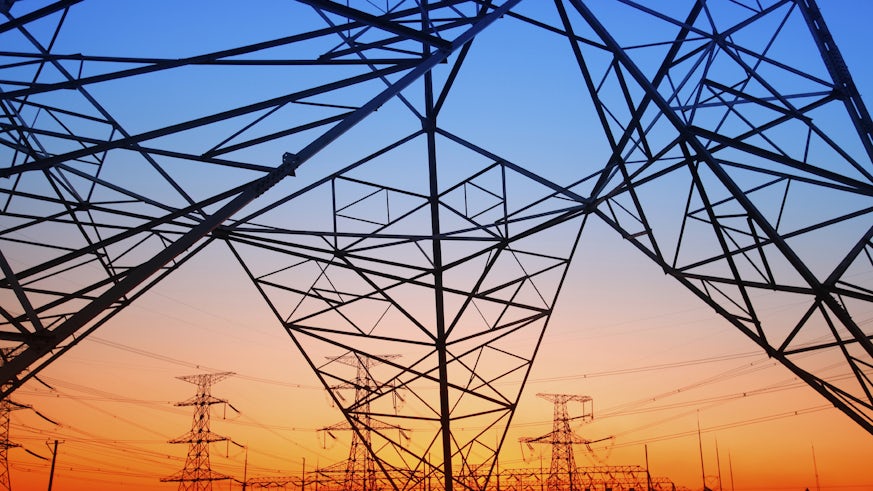How people use energy and why that matters
26 February 2016

How people use energy and why that matters Project reveals the challenges of changing our habits
Climate change, rising fuel bills, renewable energy…we’ve all heard the headlines and we know that we should be reducing our energy usage. Policy-makers know this too and have accordingly made reducing demand for energy a key goal.
Finding out how people use energy today is crucial in understanding how that goal can actually be achieved, according to new research from Cardiff University.
The Energy Biographies project, funded by the Economic and Social Research Council, has taken a novel approach to understanding how and why people use energy in the ways that they do. The researchers believe that this is the key to transforming how energy is produced and used more sustainably.
Professor Karen Henwood, School of Social Sciences, said: “The dominant policy discourses around energy demand and usage have tended to view individual choice as the motor of social change, and new technologies, such as smart meters, as the means of enabling individuals to make better choices. What this approach fails to take into account is how people actually use energy and how their energy demand changes throughout the course of their lives.”
To explore this crucial factor, project researchers conducted biographical interviews at four case sites: Ely and Caerau, an inner-city Cardiff ward; Peterston-Super-Ely, an affluent commuter village on the outskirts of Cardiff; Lammas/Tir-y-Gafael, an ecovillage in West Wales; and The Royal Free Hospital, a large London teaching hospital.
Project findings offer a range of significant policy-relevant insights for practitioners working within organisations as well as within local, devolved and national governments.
The picture which emerges from the study shows that simply asking people to reduce energy usage, even providing financial incentives to do so, is not a straightforward task.
The team’s biographical approach reveals that devices and technologies are so entangled in our lives that we don’t think of them in purely functional terms. Instead they carry emotional significance.
Energy use is using Skype on smart phones to stay close to distant friends, it’s having to drive to work because you don’t live near transport links, it’s increasing your heating bills when an ill, or an elderly relative moves in.
If reducing energy use also raises the possibility of losing emotionally-significant attachments, people can therefore be more likely to resist changing their ways. This may be even more the case where the practices have actually helped individuals to deal with difficult life changes.
Professor Henwood said: “The ways in which we use energy not only strengthen emotional bonds, they also shape our sense of identity and of what constitutes a ‘worthwhile life’. Some practices identified as wasteful are seen as all part of creating a ‘worthwhile life’, for instance moving house or changing jobs as part of a journey towards attaining a particular quality of life.
“Further policy initiatives which do not recognise the biographical influences on how and why people use energy may have less chance of success.”
The project also makes an original contribution to research through its focus on the gradual, cumulative character of more mundane life transitions, in contrast to the idea that timely interventions must coincide with moments - such as becoming a parent - when life is changing significantly and daily routines are already in flux.
The final project report can be viewed or downloaded from the Energy Biographies website. It sets out key findings, policy recommendations and also how the project has contributed to both substantive scholarship on dynamics of energy demand and to methodological development.